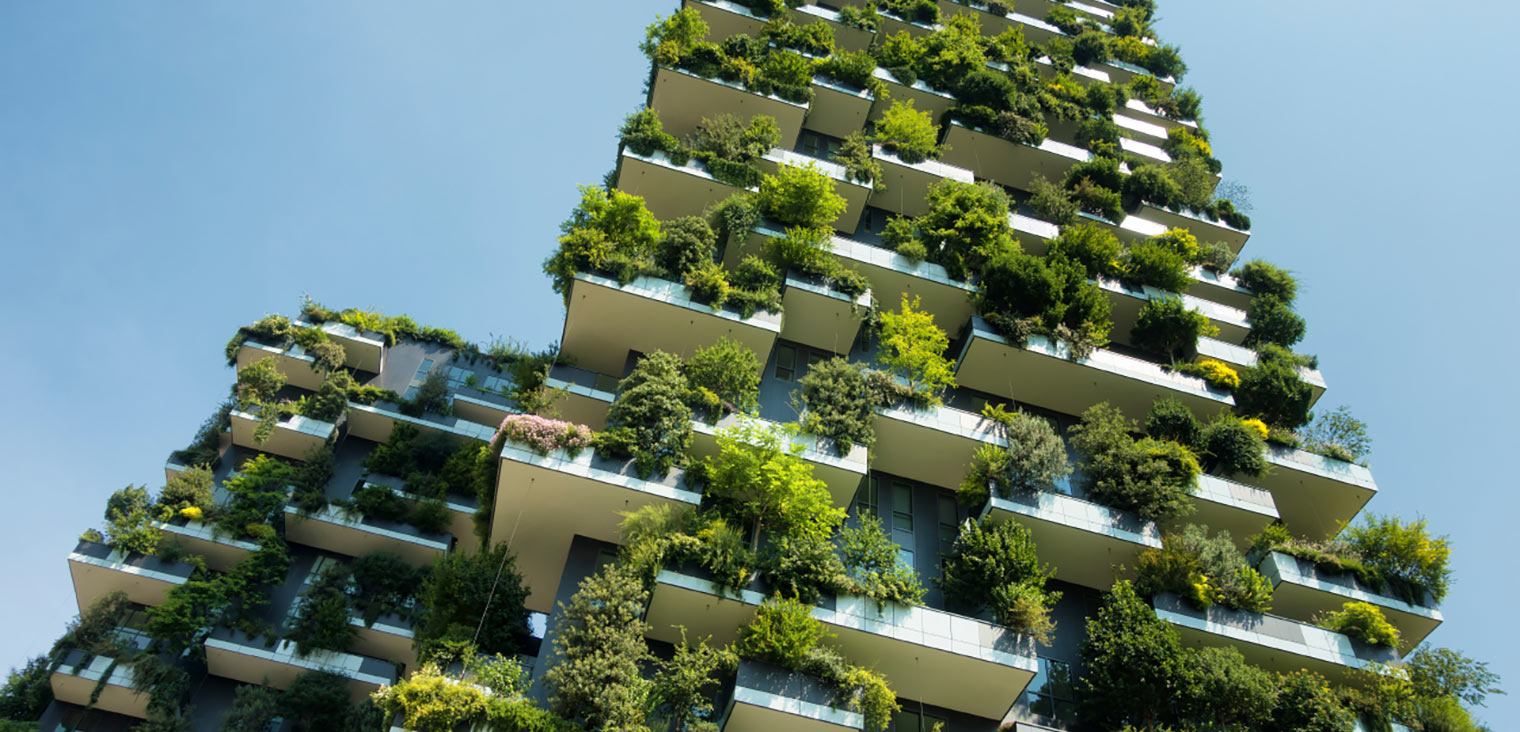
The United Arab Emirates (UAE) has long been recognized for its rapid urban development, iconic skyscrapers, and luxurious residential communities. In recent years, however, the focus has shifted from just impressive architecture to sustainable and environmentally responsible real estate. Sustainability in UAE’s real estate projects has become more than a trend it is a strategic priority that aligns with the nation’s long-term economic, environmental, and social goals.
Sustainability in real estate refers to the design, construction, and management of buildings in ways that reduce environmental impact, optimize energy and water use, and enhance the quality of life for residents. With global concerns about climate change and resource depletion, UAE developers have recognized the necessity of adopting green building practices.
The UAE government has been a key driver of this transformation. Initiatives like the Dubai Clean Energy Strategy 2050 and Abu Dhabi’s Estidama program promote sustainable urban development and encourage developers to achieve higher environmental standards. These programs offer guidelines and incentives for energy-efficient designs, green spaces, and resource conservation, making sustainability a core consideration in modern real estate projects.
One of the most visible signs of sustainability in UAE real estate is the rise of green buildings. Developers are increasingly incorporating energy-efficient lighting, solar panels, and advanced insulation materials to reduce energy consumption. For instance, iconic projects in Dubai and Abu Dhabi are now designed to meet LEED (Leadership in Energy and Environmental Design) or Estidama certification standards, which ensure that buildings operate in environmentally responsible ways.
Beyond individual buildings, entire communities are being developed with sustainability at their core. Projects such as Masdar City in Abu Dhabi demonstrate the potential of fully planned eco-friendly communities. These areas feature renewable energy sources, efficient waste management systems, green spaces, and water-saving technologies, creating neighborhoods that prioritize environmental well-being alongside modern living.

Energy efficiency is a critical component of sustainable real estate in the UAE. Developers are investing in smart building technologies that monitor and optimize energy use in real-time. Advanced cooling systems, energy-efficient elevators, and motion-sensor lighting help reduce the overall carbon footprint of residential and commercial properties.
Renewable energy is also gaining traction. Solar energy, in particular, is being integrated into building designs to power homes, offices, and public areas. Large-scale solar farms, combined with rooftop solar panels, contribute to reducing reliance on fossil fuels while promoting cleaner energy consumption in urban centers.
Water scarcity is a pressing challenge in the UAE due to its desert climate. Sustainable real estate projects address this issue through innovative water conservation measures. These include low-flow fixtures, smart irrigation systems, and greywater recycling technologies. Such measures not only reduce water consumption but also help create sustainable landscapes and gardens that thrive despite limited water resources.
Waste management is another key focus area. Developers are implementing recycling programs and designing buildings with materials that can be reused or recycled. Smart waste collection systems in residential communities encourage proper disposal and sorting, ensuring minimal environmental impact from construction and daily living activities.

Sustainability in real estate is not just about environmental benefits; it also offers significant economic and social advantages. Energy-efficient buildings and renewable energy integration lead to lower operating costs for residents and businesses. Green-certified buildings often command higher property values and attract environmentally conscious buyers and tenants, creating a competitive edge in the real estate market.
Socially, sustainable developments enhance the quality of life. Green spaces, pedestrian-friendly streets, and accessible public transport improve community health and well-being. Sustainable communities also foster a sense of responsibility among residents, encouraging eco-friendly habits and collective participation in environmental preservation.
Despite the progress, sustainability in UAE’s real estate faces challenges. Higher initial costs of green construction, the need for skilled professionals, and limited awareness among some developers can slow adoption. However, with government support, technological advancements, and increasing demand from investors and buyers, these obstacles are gradually being overcome.
Looking forward, the UAE is expected to continue leading the region in sustainable real estate innovation. Smart city concepts, green retrofitting of older buildings, and stricter sustainability regulations will further integrate eco-friendly practices into the urban landscape. Developers are also exploring circular economy approaches, using recycled materials and designing buildings that can be easily adapted or repurposed over time.
Sustainability in UAE’s real estate projects is shaping the future of urban living. From energy-efficient buildings to eco-friendly communities, renewable energy integration, and water conservation, developers are creating spaces that benefit both people and the planet. By combining visionary planning with sustainable practices, the UAE is setting a benchmark for real estate innovation in the region and globally.
As the nation moves toward its green goals, sustainable real estate projects will continue to attract investment, improve residents’ lifestyles, and demonstrate that luxury, modernity, and environmental responsibility can coexist seamlessly.
READ MORE:- Inside the World of Business Acquisitions: Secrets of Corporate Growth 2025
